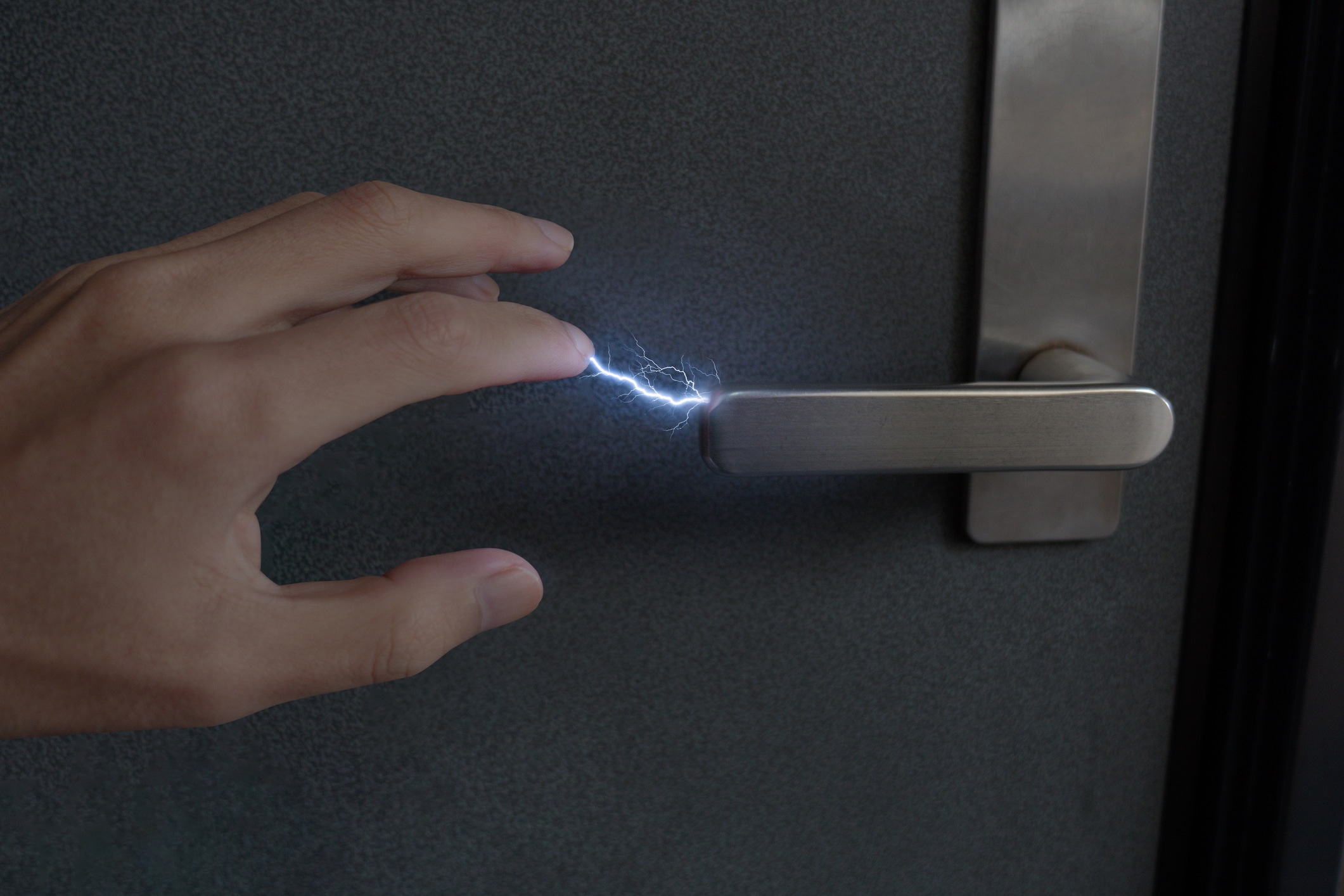
If summer is the season of humidity, winters can be the time of year for cold, dry air. It’s a fact of physics that colder air naturally contains less water vapor than warm air. It’s no surprise, then, that the coldest month of the year in Eastern North Carolina is typically January — making it the driest time of the year when it comes to indoor relative humidity.
The EPA recommends keeping indoor humidity between 30% and 50% in the winter months. If dry conditions outdoors affect living conditions inside, here are some specific areas that may be a problem.
- Wood flooring and paneling naturally contain water. Low humidity, conversely, dries out these materials and causes shrinkage. Gaps may appear between wood flooring, and paneling on walls may loosen and/or pull apart from adjacent panels. Window panes can also shrink, and wooden furniture may warp.
- Paint and wallpaper flake and peel more readily as they loosen from dried surfaces in the house.
- Dry indoor air increases electrostatic shocks every time you touch certain surfaces. These frequent zaps are a nuisance and an annoying reminder that the indoor environment is too dry.
- Living in excessively low indoor humidity may also trigger health issues such as cold and flu viruses that thrive in dry air; sore, scratchy throats; chapped and itchy skin; and other annoyances.
To get control of your indoor environment in winter:
- Dry outdoor air can be drawn into the house through structural air leaks, pushing indoor humidity even lower. Identifying and repairing air leaks such as worn weatherstripping around doors and windows and other structural gaps keeps dry outdoor air out and indoor humidity higher.
- Where humidity frequently drops to 30% or less in winter, a whole-home humidifier can be a comprehensive indoor solution. Connected to the home’s central HVAC ductwork, this unit can keep indoor humidity throughout the house at the desired precise levels that you have programmed on the unit’s humidistat.
For more advice about dealing with a dry winter inside your home, contact the professionals at Jackson & Sons.